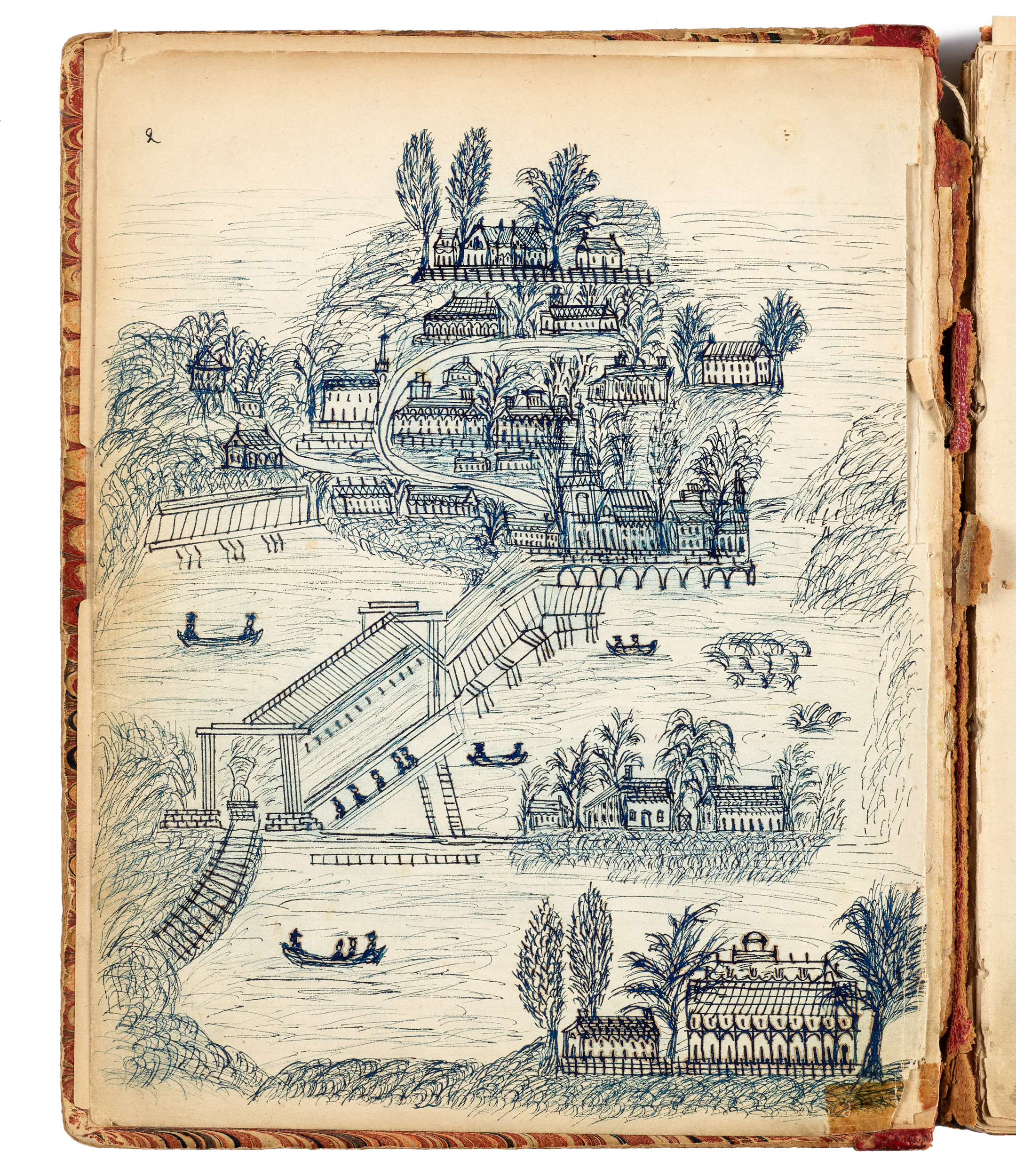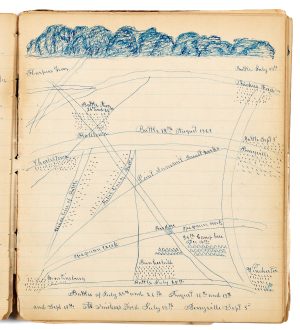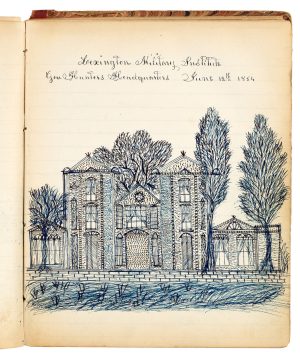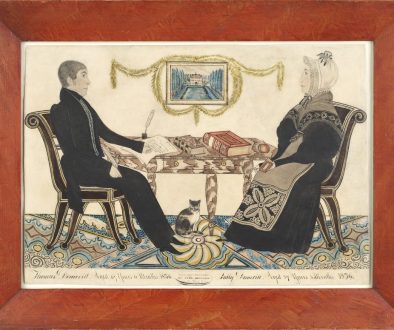A Stark View of the Civil War
Wm. B. Stark’s Campaign, in the war of 1862-63-64 and 65.
Written by himself from his diary kept during the war.
William B. Stark kept a diary of his days serving in the Civil War, a fascinating first-person historical account of the 34th Regiment of Massachusetts Volunteers. Stark tells tales of harrowing escapes, hard labor, endless marches, extreme temperatures, fearsome battles, and patriotism. Day after day he records his experiences, and the history of the Civil War.
Recruited in 1862, the 34th spent long months learning on the job, marching, drilling, and picket detail. Stark itemizes everything included in the soldier’s packs, and the weight: over 100 lbs. The troops also guarded everything from camps to railroads, Unionist houses, and prisons. In the prisons the inexperienced men were sometimes greatly outnumbered in open rooms, surrounded by enemy soldiers, but what they dreaded the most was guarding the female prisoners, because of the barrage of foul-mouthed abuse. (While Stark refers to these insults more than once, he unfortunately did not preserve any of them for posterity.) After crossing the Potomac at Harper’s Ferry with General Mead, the 34th saw its first action August 18th, 1863 in the Battle of Ripon. On the move over the next months, challenges became greater, “A cold day with rain and sleet. The rain freezes on our clothing and loads us down with ice. The bridges are burned and we for(d) the streams to the armpits, a tedious time. We camp at Woodstock in the woods at 3 P.M. 12 miles. We build fires after a long time everything being soaked with water and covered with ice. It was hard making a fire… We fall in line try to fire off our pieces but cannot…” Little did Stark and the 34th realize, what was to come would be infinitely worse.
Volume II of the diary begins with news that the 34th is going to Lynchburg under General Hunter’s command, in what became known as the Lynchburg Campaign. They were to march through hostile territory, inadequately provisioned as they would be living off the land. Expected reinforcements from General Sheridan were held up and, reaching Lynchburg, Hunter found himself critically outgunned by the Confederates. The battle quickly turned into a retreat. Stark was shocked: “When any one would mention such a thing on our way down I would tell them that such a thing was out of the question. We must and would take Lynchburg at all hazards; rations we must have and we could get them only at Lynchburg. We could never retreat, that was impossible. If we were not all captured we should most certainly starve.” Stark recorded in detail the daily sufferings on retreat. Pursued through the mountain wilderness of West Virginia, the troops retreated for a month towards safety in Ohio. In the mountain passes they lost artillery and many horses, and were forced to burn wagons. Soldiers too poorly to cross the peaks were abandoned to die. Stark details his daily struggle to keep marching, leaving behind tents and even ammunition to lighten his burden. Drought and starvation claimed many. Meanwhile, the Confederates under General Early marched unimpeded through Maryland, a double humiliation.
Volume III opens with the exhausted troops marched back towards the action. Engaging with increasing frequency, the 34th still wore their uniforms from the Lynchburg Campaign debacle, and were nearly naked and shoeless. “July 25: We have a heavy cold rain. We are barefoot and many have no tents, blankets, rubbers, or anything to make them comfortable and we are obliged to lie out in the cold rain.” There is great relief when General Wells ordered the 34th to bathe in the creek and receive new uniforms and kit. Smartly dressed, the spent troops were then marched towards Pennsylvania to cut off the rebel army. In the intense July heat many were lost, falling out on the side of the road. Stark himself fell out, exhausted and delirious. In desperation, after an hour’s absence, he was able to pull himself together and continue. Daily diary entries detail the skirmishing, which at this point was intense, and nearly constant.
September 19th saw the 34th engaged in the bloody Third Battle of Winchester, in which thousands were lost on both sides, including about a third of the Rebel forces. Stark writes of the charge, “The shot, shell and grape was now poured in perfect showers for we were now in range of their heavy Artillery and several battalions were blazing away at short range carrying death at every discharge. Col. Harris rode in front of our lines like a mad man shouting ‘Come on boys’ and swinging his broadsword over his head.”
A few short weeks later, the battle-hardened 34th engaged again in the Battle of Cedar Creek, another bloody and desperate fight in which they lost half of their men and their beloved commanding officer Colonel Wells. They fought again in the Appomattox Campaign, including the Fall of Petersburg and the Pursuit of Lee. Stark describes every battle, every camp, and every day in precise detail. His account of the thick of the battle of Petersburg is harrowing: “The noise was terrific. The smoke of a thousand furnaces and the roar of many thunder storms could not have equaled the scene before us. We marched and drew up before that nothed spot. The air was full of bursting shell. The forts looked like volcanoes belching forth their liquid fire.”
Stark’s journal is full of elaborate drawings of the many camps, marches and battles of his campaign. This first-person, detailed record of the daily life of a soldier is of great historical value. Stark was both a participant in and a witness to pivotal moments in the history of the nation. Please join us on September 25, 26, and 27th for a chance to bid on this important piece of American history.
by: Cynthia Beech Lawrence
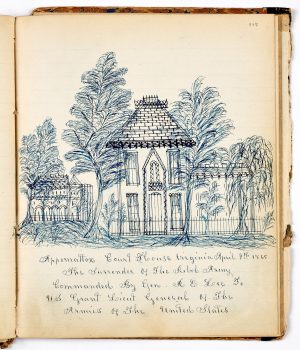
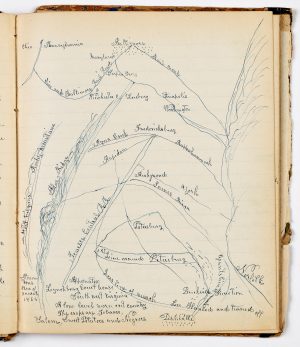
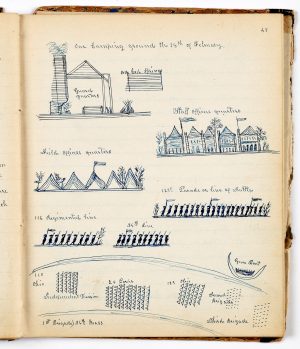
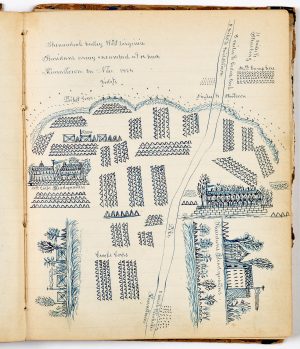
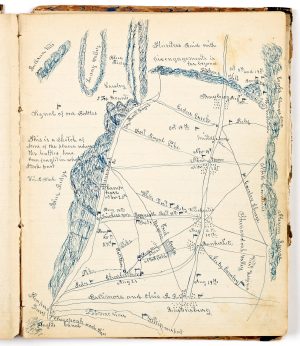
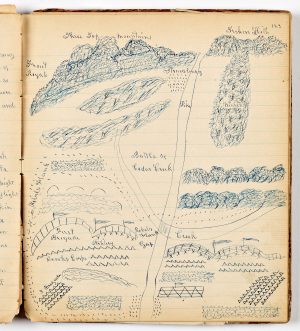
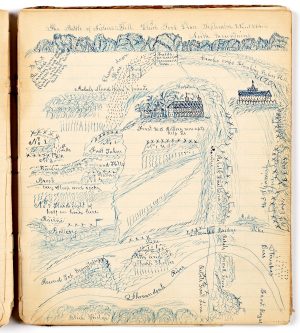
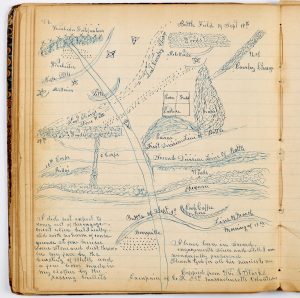
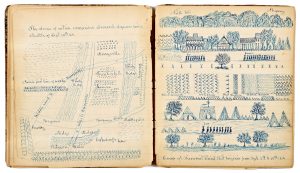
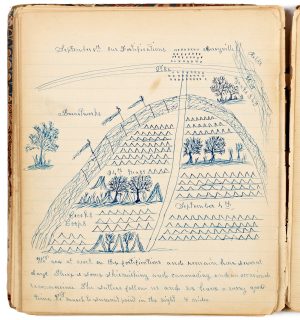
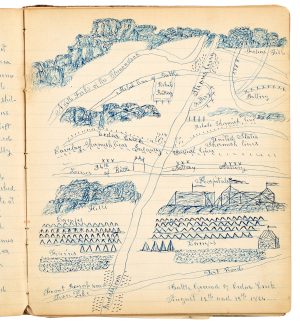
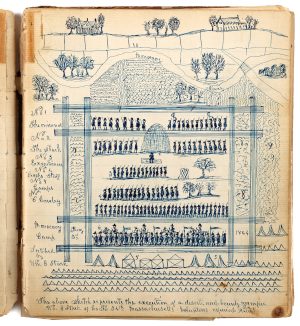
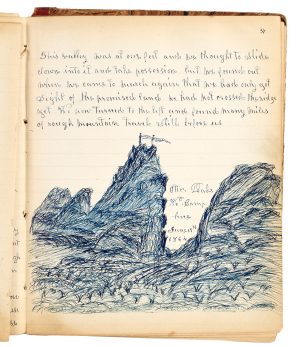
Lot 1340

